This step-by-step guide focuses on enhancing collagen synthesis for skin health. Collagen is crucial for maintaining skin elasticity and firmness. The guide provides practical tips to boost collagen production and promote healthier skin.
Revitalize with Top Collagen Products
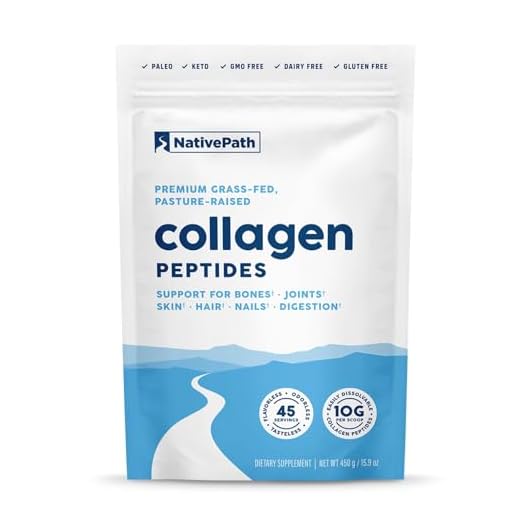
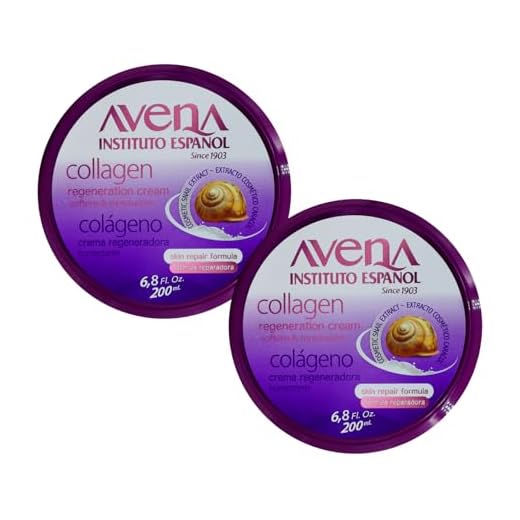
Understanding Collagen
- Explore Collagen’s Role in Skin Health: Understand how collagen production impacts skin health by researching its role in maintaining youthful skin.
- Learn About Collagen Production: Dive into the process of collagen synthesis to comprehend how it contributes to the firmness and elasticity of the skin.
- Discover the Benefits of Collagen for Youthful Skin: Educate yourself on the various ways collagen supports skin health, such as reducing wrinkles and improving skin texture.
Balanced Diet
- Consume foods high in vitamin C: Incorporate citrus fruits, bell peppers, and leafy greens into your diet to boost collagen production.
- Include foods with amino acids: Eat protein-rich foods like lean meats, fish, eggs, and dairy products to provide the building blocks for collagen synthesis.
- Add antioxidant-rich foods: Berries, nuts, seeds, and colorful vegetables can help protect collagen from damage caused by free radicals.
Stay Hydrated
- Drink at least 8 glasses of water daily to maintain skin hydration.
- Hydrated skin is essential for the production of collagen, a key protein for skin elasticity.
- Keep a water bottle handy throughout the day to ensure consistent hydration levels.
Protect from UV rays
Apply sunscreen with a broad-spectrum SPF of 30 or higher daily before heading outdoors. Reapply every two hours, especially after swimming or sweating. Make sure to cover all exposed skin areas to protect against UV damage. Remember to use sunscreen even on cloudy days.
Topical Collagen Boosters
- Look for skincare products with retinol or peptides listed as ingredients.
- Apply the chosen product to your skin following the directions provided.
- Use regularly to experience the collagen-boosting benefits.
Facial Massage
Perform facial massages to improve blood circulation and stimulate collagen production.
- Start by applying a small amount of facial oil or moisturizer to your fingertips.
- Gently massage your face in upward and outward motions, focusing on areas like the forehead, cheeks, and jawline.
- Use your fingertips to apply gentle pressure and circular motions to boost blood circulation and encourage collagen production.
- Repeat the massage for about 5-10 minutes, ensuring a relaxing and soothing experience for your skin.
Regular Exercise
- Incorporate regular exercise into your routine to enhance overall skin health and promote collagen synthesis.
- Engage in activities like cardio, strength training, or yoga to boost blood flow and deliver essential nutrients to your skin.
- Aim for at least 30 minutes of moderate exercise most days of the week to achieve optimal skin benefits.
Adequate Sleep
- Get at least 7-9 hours of quality sleep every night to support your skin’s repair and rejuvenation process.
- Create a relaxing bedtime routine to help you fall asleep faster and improve the overall quality of your sleep.
- Avoid caffeine and electronic devices before bedtime, as they can disrupt your sleep cycle and affect collagen synthesis.
- Invest in a comfortable mattress and pillows to ensure you get restful sleep and wake up feeling refreshed.
Avoid Smoking
Quit smoking to prevent collagen degradation, which causes premature skin aging. Smoking accelerates the breakdown of collagen, a key protein that maintains skin elasticity and firmness. Say no to smoking to keep your skin looking youthful and healthy. Embrace a smoke-free lifestyle to protect your skin from premature aging effects.
Boosting Collagen Production Naturally
Certainly! A concise conclusion for the blog post “How to enhance collagen synthesis for skin health?” could be: By implementing these strategies to boost collagen production, you can effectively improve the health and appearance of your skin, resulting in a more youthful and vibrant complexion.
Essential Supplies Needed
Expert Skincare Advice
Maximizing Collagen Regeneration: Tips and Techniques
- Incorporate collagen-boosting foods into your diet such as bone broth, salmon, berries, and citrus fruits
- Use skincare products containing ingredients like retinol, peptides, and vitamin C to promote collagen regeneration
- Consider taking collagen supplements in the form of powder, capsules, or drinks to support collagen production from within
- Protect your skin from sun damage by using sunscreen daily to prevent collagen breakdown
Frequently Asked Questions (FAQ) about Collagen Regeneration
What role do lifestyle factors like sun exposure and smoking play in collagen regeneration?
Lifestyle factors like sun exposure and smoking can have a negative impact on collagen regeneration. Sun exposure can lead to the breakdown of collagen through UV radiation, causing premature aging and wrinkles. Smoking can also contribute to collagen degradation by reducing blood flow and oxygen supply to the skin, leading to decreased collagen production and skin elasticity. In summary, both sun exposure and smoking can hinder collagen regeneration, resulting in compromised skin health and appearance.
Are there any DIY methods or home remedies that can promote collagen regeneration?
There are some home remedies and DIY methods that may promote collagen regeneration, such as consuming a diet rich in vitamin C, which is essential for collagen production. Other methods include using topical creams with ingredients like retinoids, peptides, or vitamin C, as well as massaging the skin to stimulate collagen production. However, it is important to note that these methods may have limited efficacy compared to professional treatments and medical interventions. It is always best to consult with a dermatologist or healthcare provider for personalized advice on collagen regeneration.
Are there any side effects or risks associated with collagen regeneration treatments?
Collagen regeneration treatments, such as collagen induction therapy or microneedling, may have side effects and risks. Common side effects can include redness, swelling, and minor discomfort at the treatment site. In some cases, there can be bruising, peeling, or temporary changes in skin pigmentation. More serious risks may include infection, scarring, or allergic reactions. It is important to consult with a qualified healthcare provider or dermatologist before undergoing any collagen regeneration treatments to discuss potential side effects and risks.
Are there different types of collagen and do they regenerate differently?
Yes, there are different types of collagen in the body, with over 20 types identified so far. These types have different functions and are found in various tissues such as skin, bone, cartilage, and tendons. Collagen types I, II, and III are the most common in the body. Each type of collagen regenerates at a different rate depending on the tissue it is found in and the individual’s age, overall health, and lifestyle factors. For example, collagen in the skin regenerates more quickly compared to collagen in cartilage or tendons.
What is collagen regeneration and why is it important for the skin?
Collagen regeneration is the process by which the body produces new collagen protein to replace damaged or depleted collagen in the skin. Collagen is a key structural protein that gives the skin its firmness, elasticity, and youthful appearance. As we age, collagen production decreases, leading to signs of aging such as wrinkles, sagging skin, and fine lines. Promoting collagen regeneration is important for maintaining skin health and youthfulness by improving skin elasticity, firmness, and overall appearance.
What are some common signs of collagen loss or degradation?
Some common signs of collagen loss or degradation include wrinkles and sagging skin, joint pain and stiffness, weakened hair and nails, and decreased muscle mass.
How does the body naturally regenerate collagen?
The body naturally regenerates collagen through a process called collagen synthesis. Specialized cells called fibroblasts produce new collagen fibers, which help to repair and rebuild damaged or aging skin. Factors such as diet, hydration, sun exposure, and overall health can influence the body’s ability to produce collagen. Additionally, certain skincare ingredients and treatments can also support collagen production in the skin.
Can collagen supplements help with collagen regeneration?
Collagen supplements can help support collagen production in the body, but they may not directly regenerate collagen. Studies have shown that collagen supplements can improve skin elasticity, hydration, and appearance. However, the body’s ability to regenerate collagen also depends on various factors such as nutrition, age, and overall health.
What are some skincare products or ingredients that are known to promote collagen regeneration?
Some skincare products or ingredients known to promote collagen regeneration include retinol, vitamin C, peptides, hyaluronic acid, and growth factors. These ingredients can help stimulate collagen production, improve skin elasticity, and reduce the appearance of fine lines and wrinkles.
How does collagen regeneration contribute to wound healing and scar reduction?
Collagen regeneration plays a crucial role in wound healing and scar reduction by helping to rebuild and strengthen the damaged skin tissue. During the healing process, fibroblasts, which are cells responsible for producing collagen, work to create new collagen fibers to replace the damaged ones. This new collagen helps to improve the structural integrity of the skin, making it stronger and more resilient. Additionally, collagen helps to minimize scarring by promoting more organized and uniform tissue formation, resulting in a smoother and less noticeable scar. Overall, collagen regeneration is essential for effective wound healing and reducing the appearance of scars.
What factors can contribute to the breakdown of collagen in the skin?
Several factors can contribute to the breakdown of collagen in the skin, including:
- Aging: Collagen production decreases with age, leading to thinner and less elastic skin.
- Sun exposure: Ultraviolet (UV) radiation from the sun can damage collagen fibers and accelerate their breakdown.
- Smoking: Smoking can generate free radicals that harm collagen and impair skin healing.
- Poor diet: Inadequate consumption of nutrients like vitamin C, zinc, and antioxidants can hinder collagen production.
- Stress: Chronic stress can increase the production of cortisol, which can break down collagen and accelerate skin aging.
- Pollution: Environmental pollutants can generate free radicals and damage collagen in the skin.
- Unhealthy lifestyle habits: Lack of sleep, excessive alcohol consumption, and not exercising can all impact collagen health and contribute to its breakdown.
What are some medical treatments or procedures that can help with collagen regeneration?
Some medical treatments or procedures that can help with collagen regeneration include microneedling, laser therapy, dermal fillers, and platelet-rich plasma (PRP) injections. These treatments stimulate collagen production in the skin, helping to improve its texture, firmness, and overall appearance. It is important to consult with a healthcare professional to determine the most suitable option based on individual needs and goals.
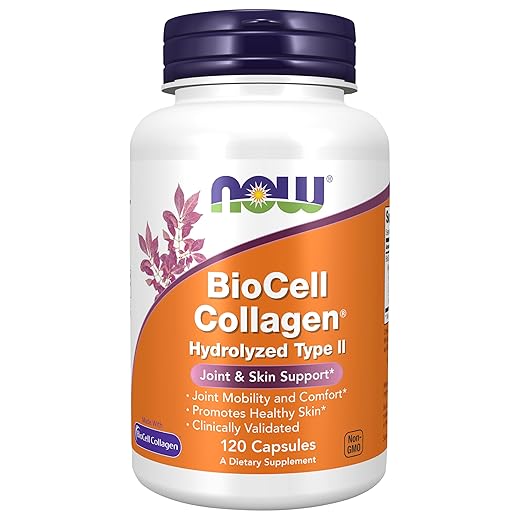
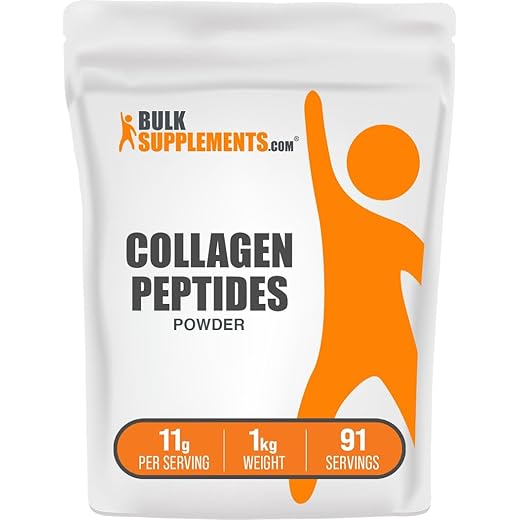
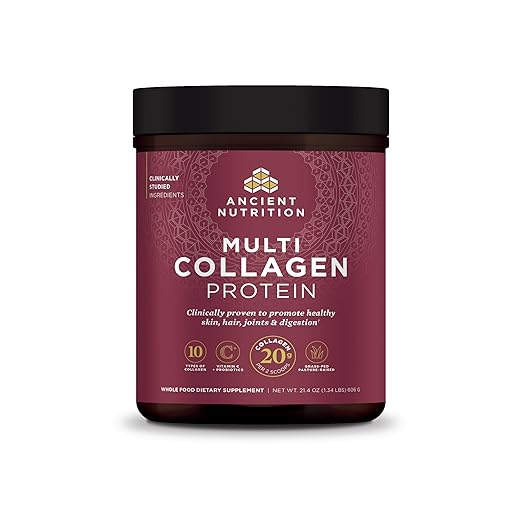
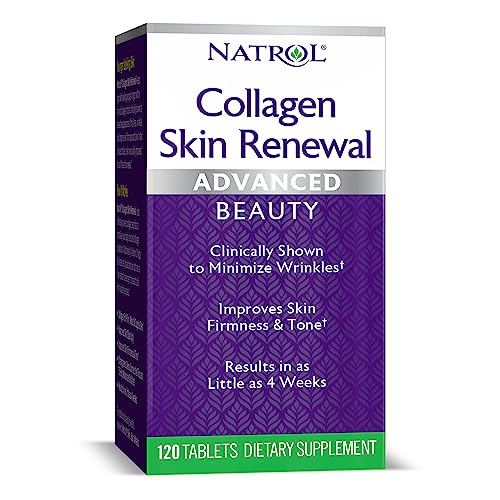

Leave a Reply